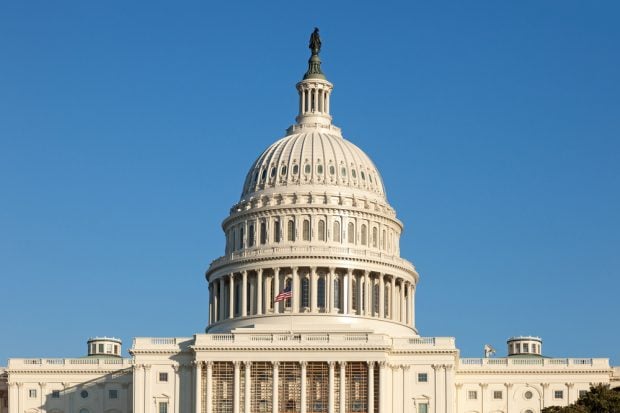 Regulation rollbacks on the agenda in Congress.
Regulation rollbacks on the agenda in Congress.
The next could of weeks could be crucial for credit unions seeking regulatory changes from Capitol Hill.
The House on Tuesday is scheduled to consider S. J. Res. 57, a resolution that would void the CFPB's indirect auto sales guidance. The Senate already has passed the resolution and the Trump Administration has said the president would sign it.
Recommended For You
The nullification of the guidance became possible since the Government Accountability Office ruled that it should have gone through the formal rulemaking process before being issued.
Supporters of the resolution are using the Congressional Review Act to try to revoke the guidance; that law allows Congress to nullify agency rules under certain circumstances.
Credit union trade groups have said they favor the measure. CUNA President/CEO Jim Nussle said that CFPB bulletins, like rules, must take into account the unintended consequences on small financial institutions.
Brad Thaler, NAFCU's vice president of legislative affairs said that the association favors Congress finding ways to provide credit unions with flexibility to serve their members.
In addition to the auto guidance, the House may soon take up S. 2155, the Senate-passed regulatory overhaul bill.
The legislation contains a credit union-specific provision that provides that a one-to-four family dwelling that is not the primary residence of a member will not be considered a business loan under the Credit Union Act.
House Financial Services Chairman Jeb Hensarling (R-Texas) had take a hard line in saying that the House would not consider the more modest Senate measure. He had said that the Senate must be willing to House regulatory proposals that have passed on a bipartisan basis.
However, many of those proposals likely would be unacceptable to Senate Democrats; Senate supporters likely will need 60 votes to enact regulatory changes.
In recent weeks, Hensarling seems to have softened that position and may be willing to consider the Senate bill and then haggle with the Senate over what else it may consider.
© Touchpoint Markets, All Rights Reserved. Request academic re-use from www.copyright.com. All other uses, submit a request to [email protected]. For more inforrmation visit Asset & Logo Licensing.






